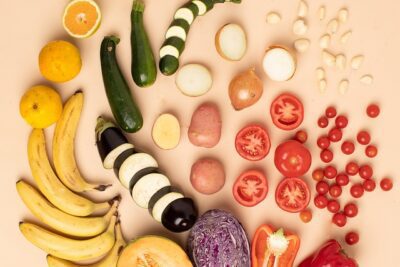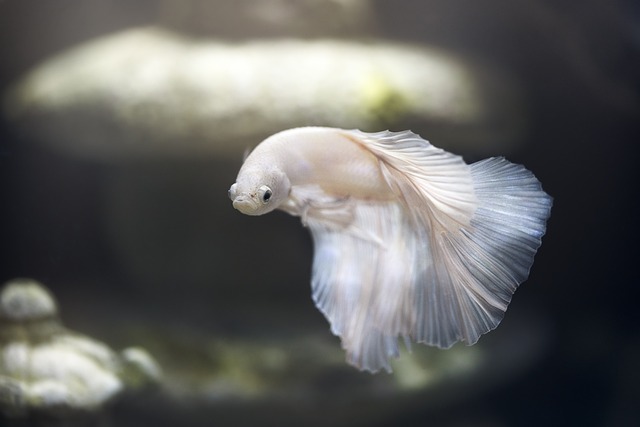



Pellets are one of the most common and convenient options for feeding Betta fish. They are specially formulated to meet the nutritional needs of these beautiful fish. Betta fish pellets are available in a variety of sizes and formulas, so you can choose the one that suits your Betta's needs.
When selecting pellets for your Betta fish, look for high-quality options that contain a balanced mix of protein, vitamins, and minerals. Avoid pellets that contain fillers or artificial additives, as these can be harmful to your fish's health.
It's important to note that Betta fish have small mouths, so choose pellets that are small enough for them to easily consume. You can also soak the pellets in water for a few minutes before feeding to make them softer and easier for your Betta to eat.
Betta fish are natural hunters and enjoy chasing and eating live or frozen foods. These foods provide a more varied diet and can be a great source of enrichment for your Betta.
Some popular live or frozen foods for Betta fish include brine shrimp, bloodworms, daphnia, and mosquito larvae. These foods are rich in protein and can help enhance the color and overall health of your Betta fish.
When feeding live or frozen foods, it's important to ensure they are properly cleaned and free from any harmful bacteria or parasites. You can find these foods at your local pet store or even consider breeding your own live food cultures for a continuous supply.
Freeze-dried foods are another option for feeding Betta fish. These foods are convenient and have a long shelf life, making them a popular choice for many Betta owners.
Freeze-dried foods such as bloodworms, brine shrimp, and daphnia are readily available and can provide a good source of protein for your Betta fish. However, it's important to remember that freeze-dried foods should be rehydrated before feeding to prevent digestive issues.
Soak the freeze-dried food in a small amount of water for a few minutes to rehydrate it. This will make it easier for your Betta fish to consume and digest.
While Betta fish are primarily carnivorous, they can also benefit from the occasional vegetable treat. Vegetables provide essential fiber and nutrients that can help support your Betta's digestive health.
Some suitable vegetables for Betta fish include blanched peas, spinach, zucchini, and cucumber. These vegetables should be cooked or blanched to soften them and make them easier for your Betta to eat.
Remember to remove any uneaten vegetables from the tank after a few hours to prevent water quality issues.
If you prefer to have more control over your Betta fish's diet, you can consider making homemade food. Homemade food allows you to customize the ingredients and ensure your Betta is getting a well-rounded diet.
Some common ingredients for homemade Betta fish food include fish fillets, shrimp, vegetables, and even small amounts of fruits. It's important to research and follow a reliable recipe to ensure you are providing a balanced diet for your Betta.
When making homemade food, it's crucial to properly cook or blanch the ingredients to eliminate any harmful bacteria or parasites. You can also consider adding a fish vitamin supplement to ensure your Betta is getting all the necessary nutrients.
Feeding Betta fish the right amount and at the right frequency is crucial for their health and well-being. Overfeeding can lead to obesity and other health issues, while underfeeding can result in malnutrition.
As a general guideline, feed your Betta fish 2-3 small meals per day. Each meal should consist of an amount of food that your Betta can consume within 2-3 minutes. It's important to observe your Betta's behavior and adjust the portion size accordingly.
Remember that Betta fish have small stomachs, so it's better to underfeed slightly than to overfeed. Uneaten food can quickly pollute the water and negatively impact the water quality in the tank.
Here are some additional tips to ensure your Betta fish is getting the best food and care:
Remember, a well-balanced diet is essential for the overall health and longevity of your Betta fish. By providing a variety of high-quality foods and following proper feeding practices, you can ensure your Betta fish thrives in its aquatic home.
Leave a Reply
Related posts